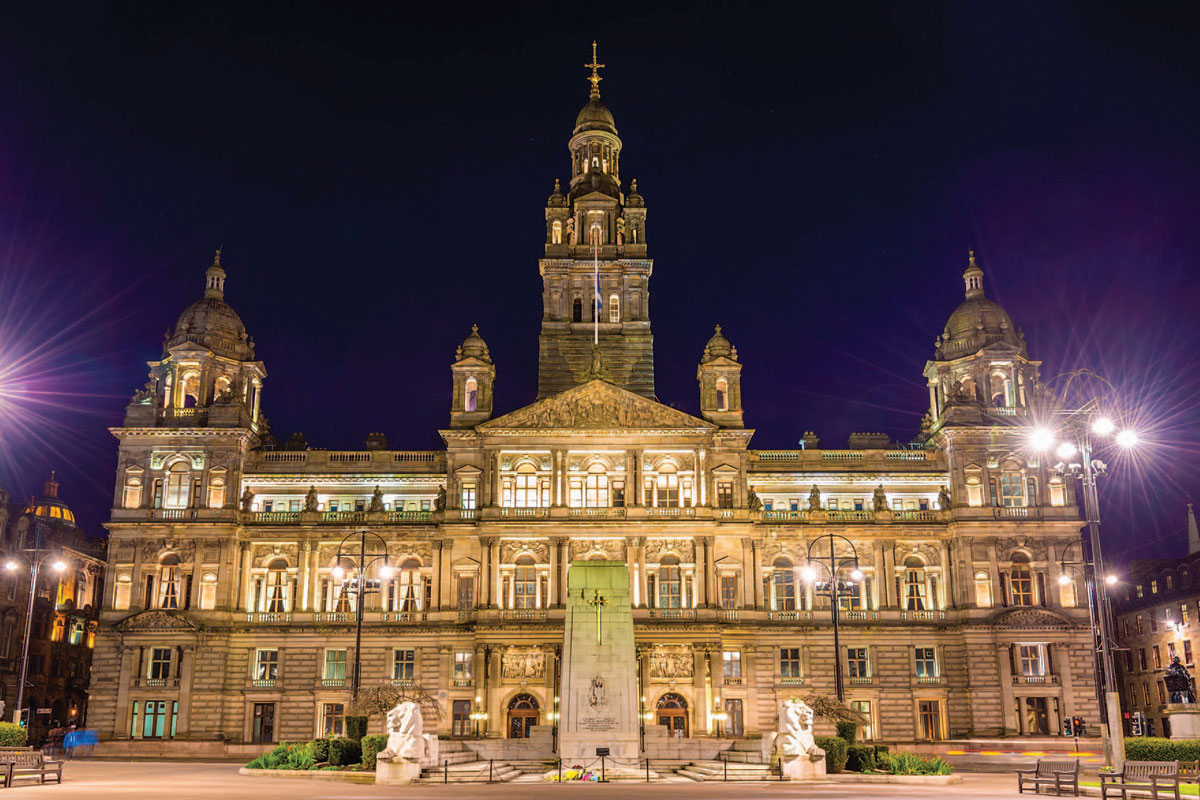
Some rare good news for venues
By Jack Cummins
Two developments are under the spotlight this month, and for once some positive news.
Firstly, as fully reported in SLTN (December 1st, 2023) the Scottish Government has announced a retreat from its planned assault on alcohol marketing and promotion.
But that’s not the good news, because the massive threat to the whole of the hospitality sector and the industry generally hasn’t gone away.
Here’s a quick recap. At the end of 2022 the government launched a 63-page consultation setting out possible restrictions, breathtaking in their scope, that looked like an all out nuclear attack on alcohol retailing.
Planned curbs included a crackdown on advertising in just about every part of the public realm; and, with the tobacco playbook back in action, ‘closed display cases’ were under consideration.
There’s no doubt the proposals were poorly thought out, in some parts simply unworkable; and, in my view, unlikely to make any significant impact on harmful alcohol consumption.
Following a series of meetings with stakeholders a re-think is underway.
According to Elena Whitham, the drugs and policy minister, there were areas of consensus, including ‘the reduction of children and young people’s exposure to alcohol advertising and promotions’.
But she also considered that further engagement was needed to ensure that the proposals took adequate account of the range of views received.
Look out for further developments in the coming months.
Now, what looks like a positive development in Glasgow as set out in the board’s new statement of licensing policy.
For the first time – ever – pubs may be able to open after 12 midnight on a regular basis, bringing the city into line with the rest of the country.
(By ‘pubs’ I mean licensed premises not providing the requisite amount of restaurant facilities or substantial entertainment allowing later opening.)
The change is set to be introduced in the form of a pilot scheme and those seeking to take advantage will be expected to satisfy certain criteria including: membership and accreditation of industry-recognised schemes such as Best Bar None; evidence of a commitment to ongoing staff training; arrangements for the dispersal of customers; and transport arrangements to get staff home.
The policy makes it clear that licence holders will be expected to demonstrate a willingness to ‘go the extra mile’ in how they operate.
As to the nuts and bolts, applications must be lodged no later than January 31st.
Not all of the criteria will have to be in place at time of lodging but will be taken into account when the application – a major variation – is considered at a board meeting.
Where an application is successful and the terminal licensed hour is extended to 1am, the permission will last for an initial 12-month period.
A further application will be required to make the change permanent.
Of course, all applications will be open to objections in the usual way.
The possibility of later pub opening was floated by the board some five years ago when it was consulting on the formulation of its previous licensing policy, but it appeared to attract little enthusiasm from the trade and ended up being shelved.
I suspect that many have taken the view that longer opening might not boost customer spend but would increase costs and make little impact on the bottom line.
Of course, these considerations still apply, but the operators have suffered an unprecedented battering in the interval: the pandemic, the cost of living crisis, rampant inflation and soaring energy costs.
Looking at the enquiries my firm has received, I’m expecting an enthusiastic response from the trade in the city.
It’s fair to say that the board in Glasgow has been commendably supportive of struggling businesses in recent years and this may well be a welcome shot in the arm.




















